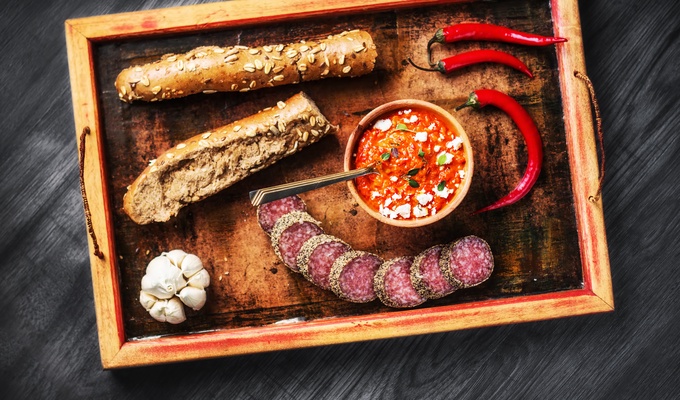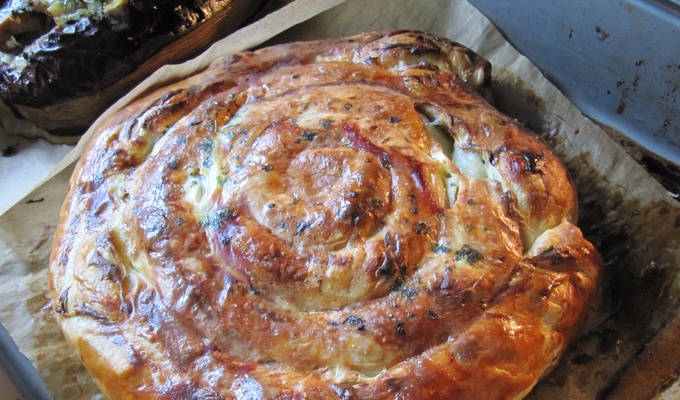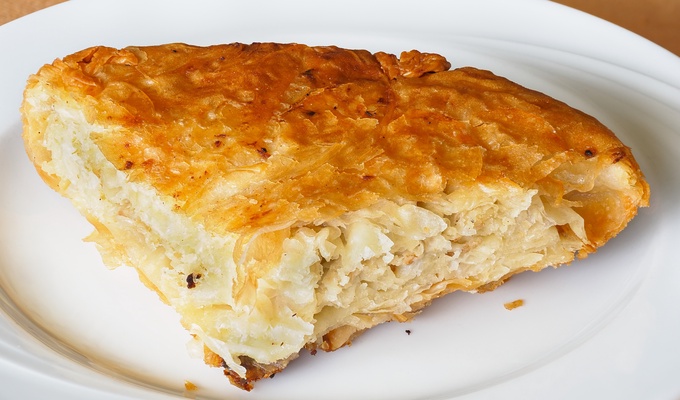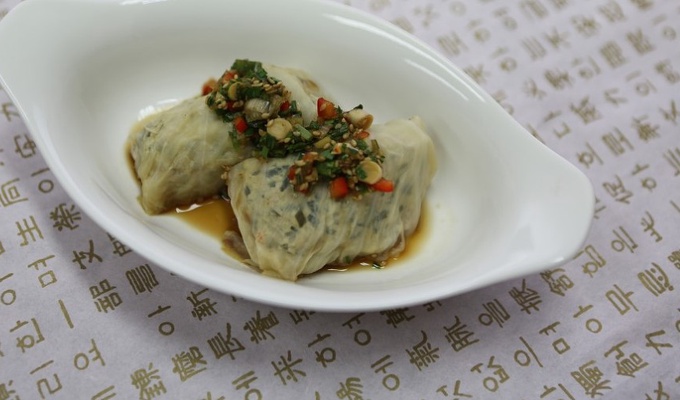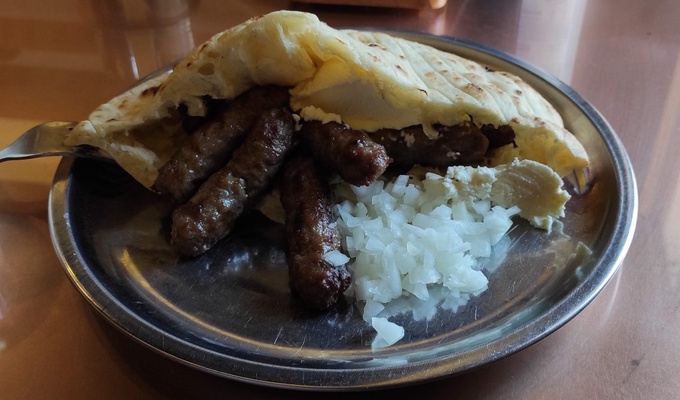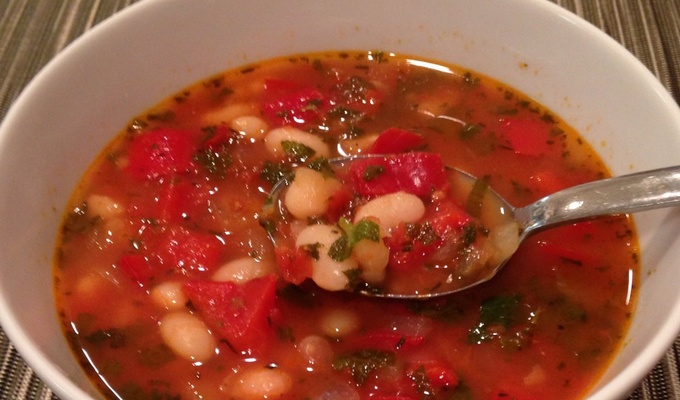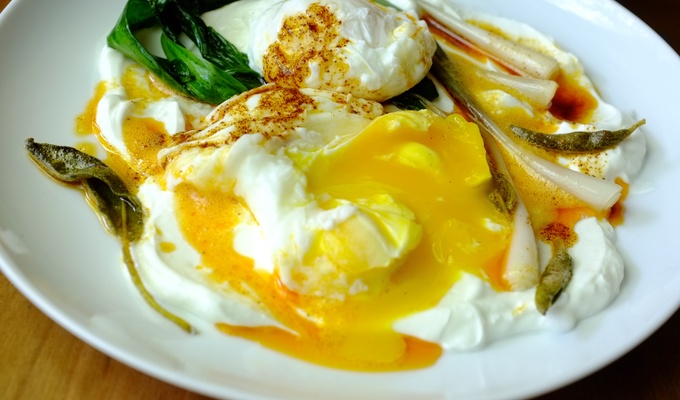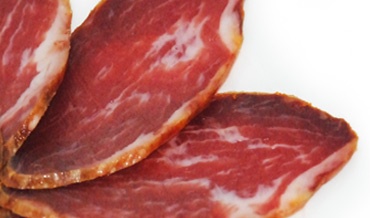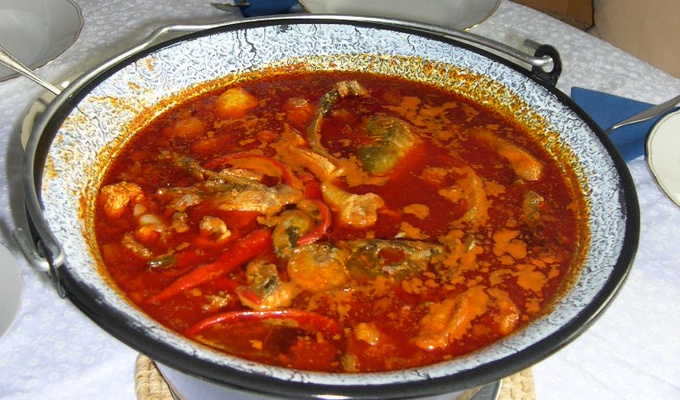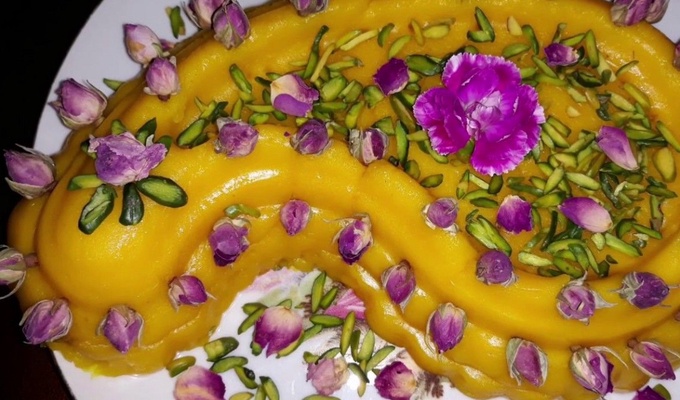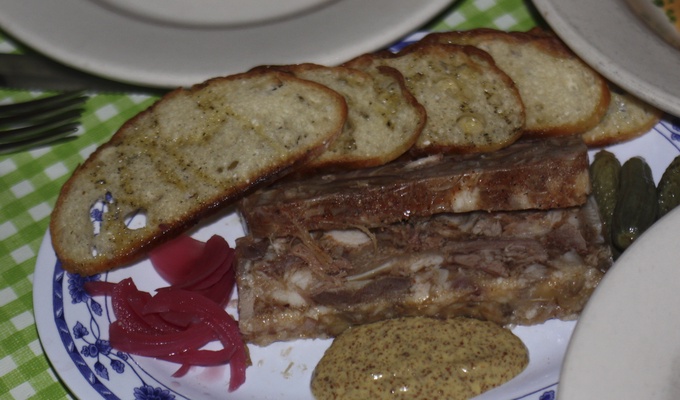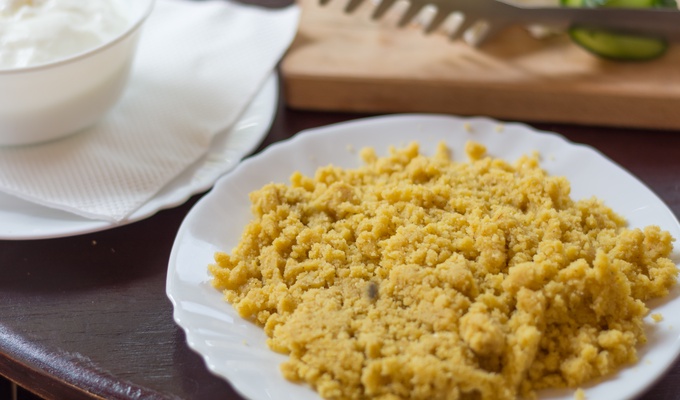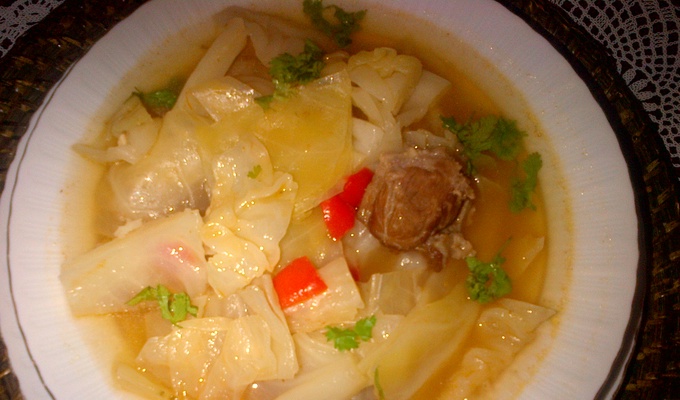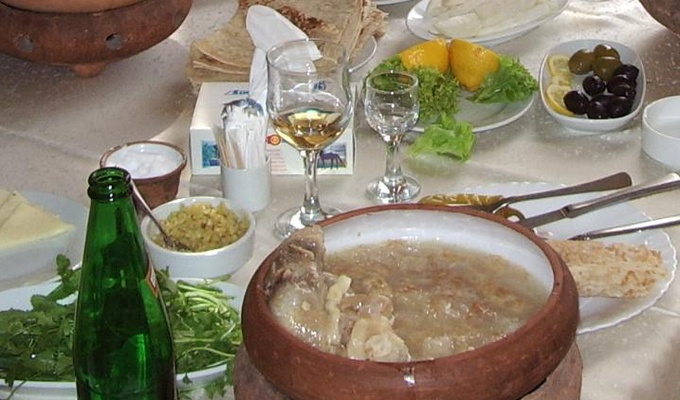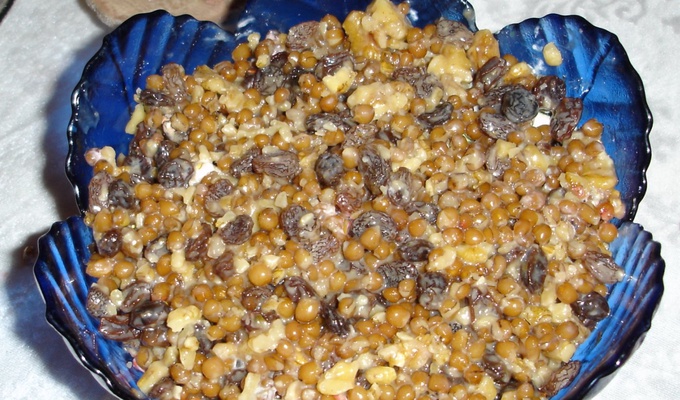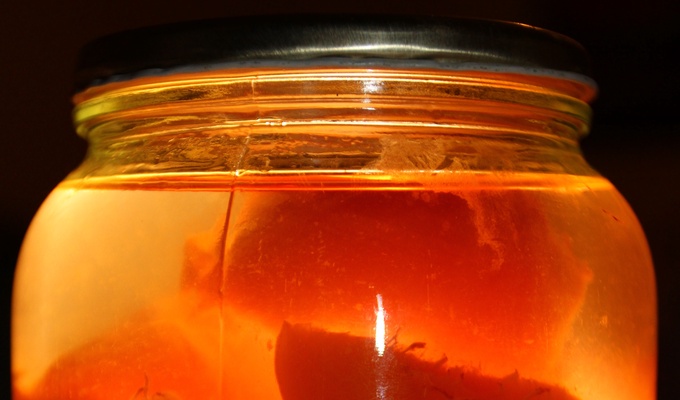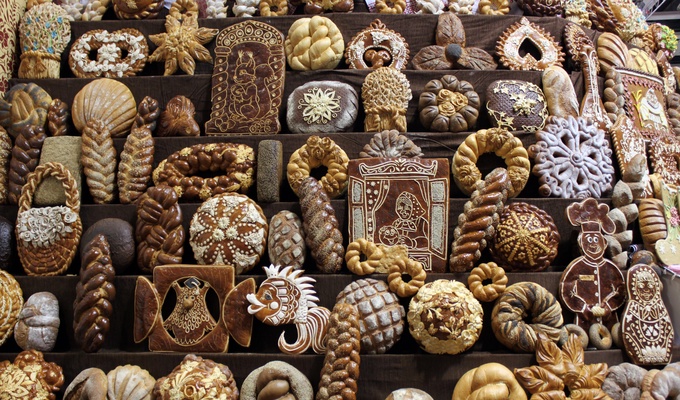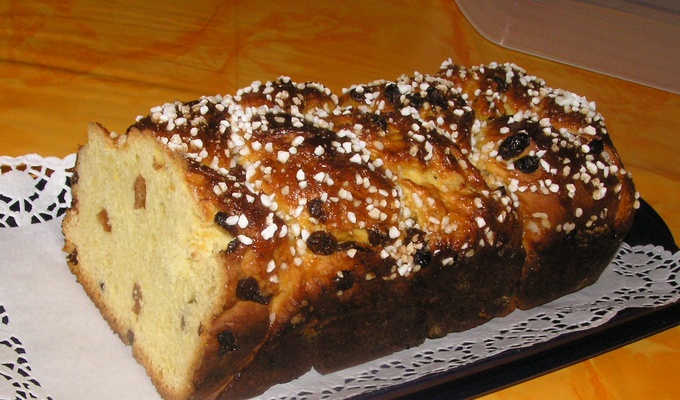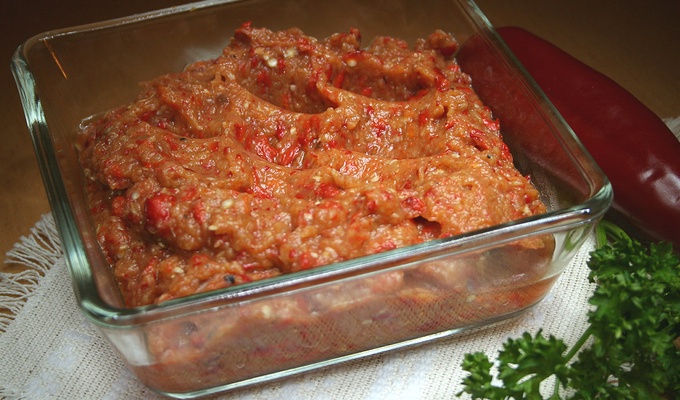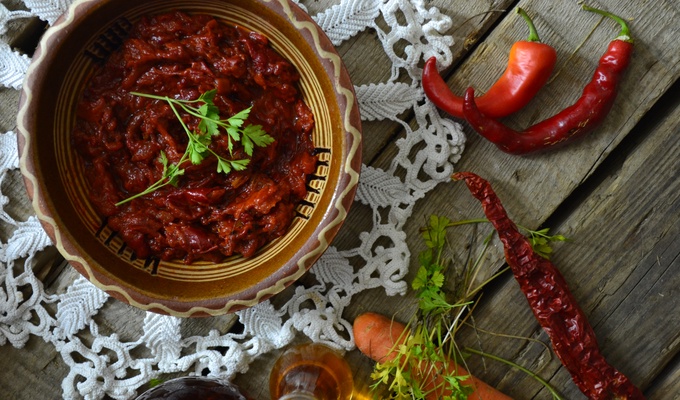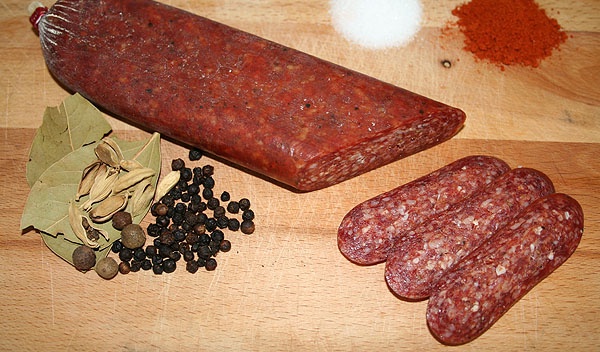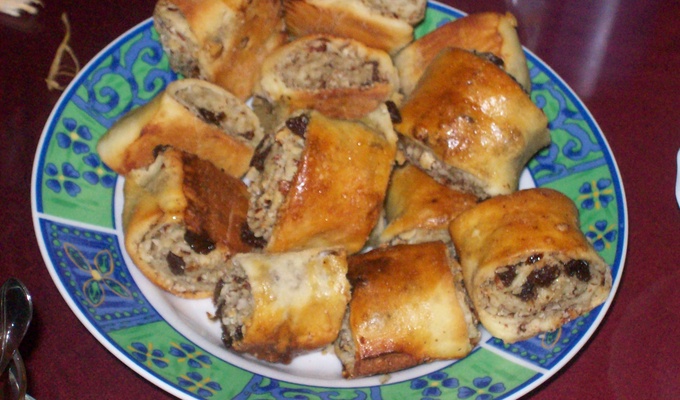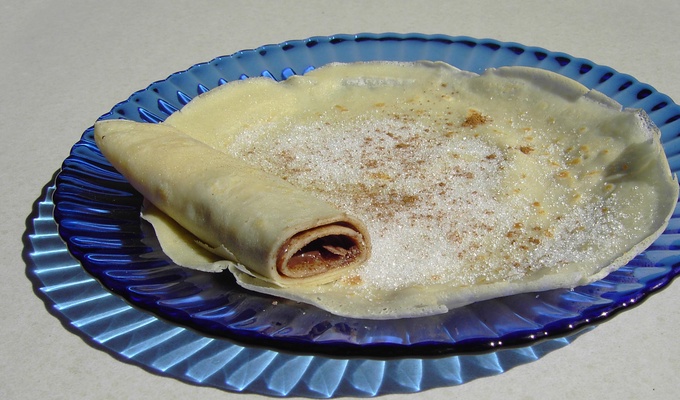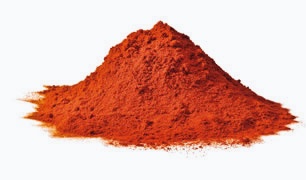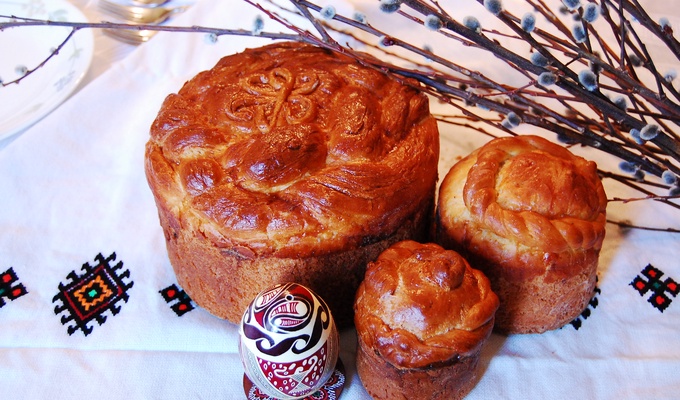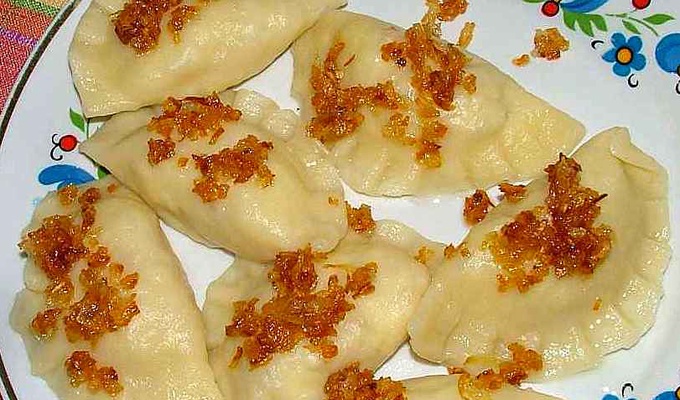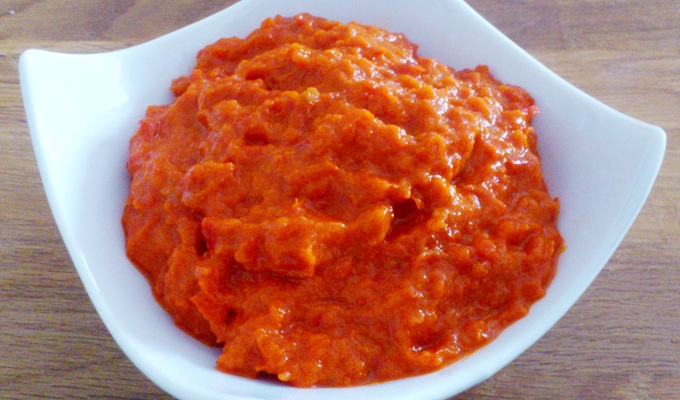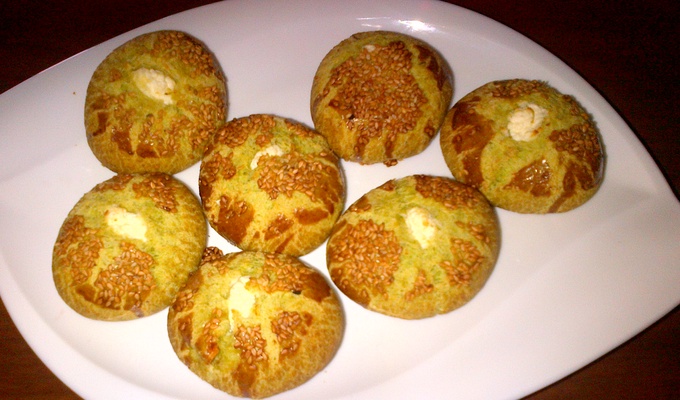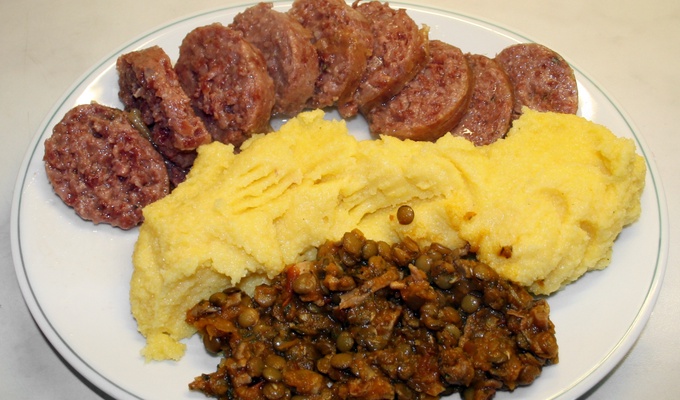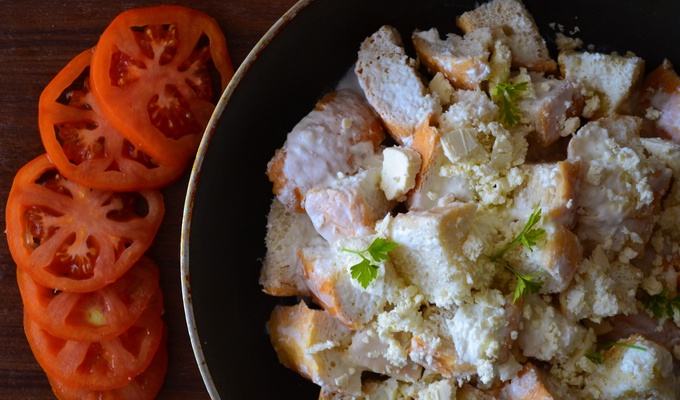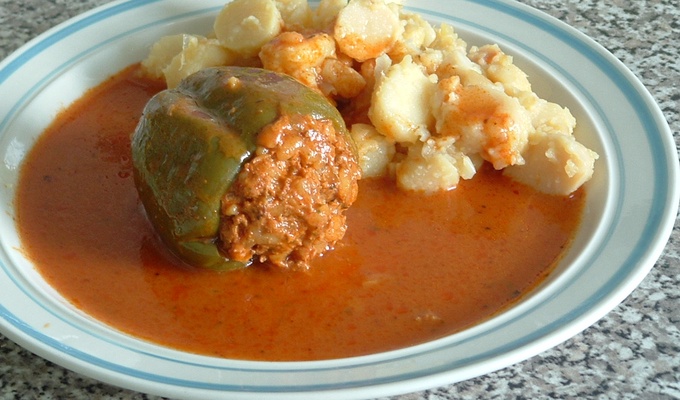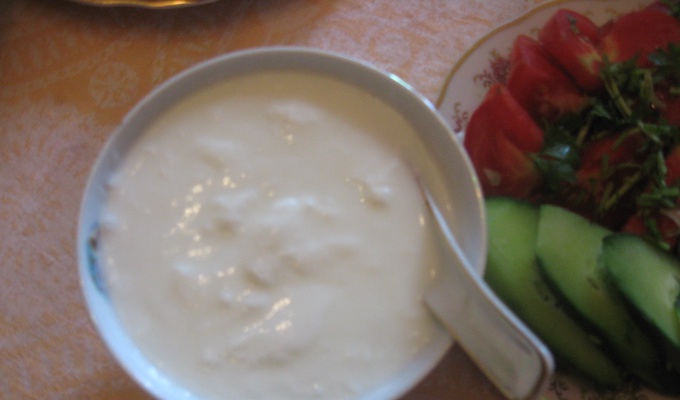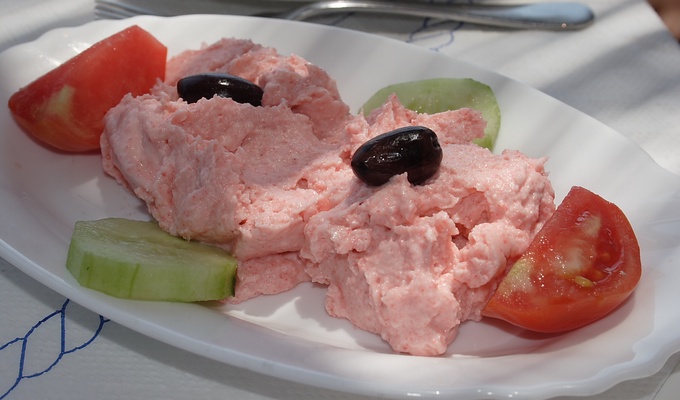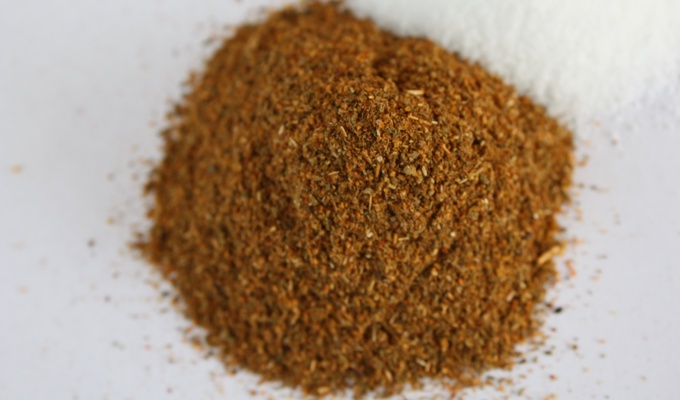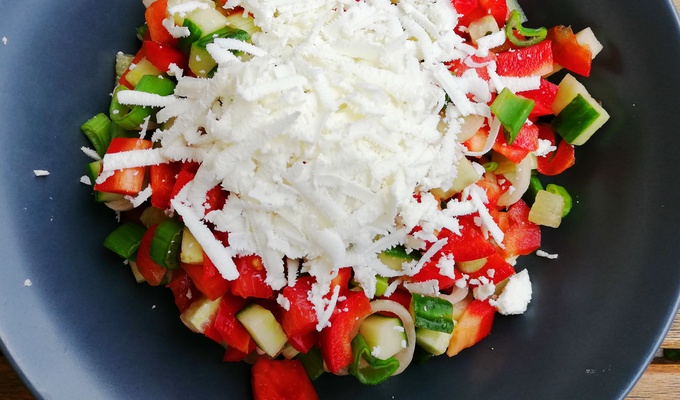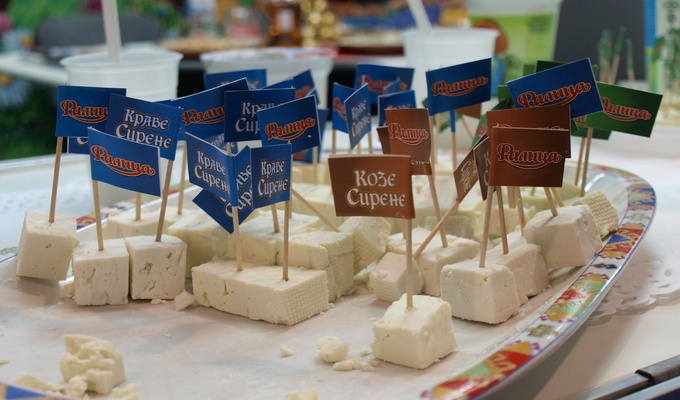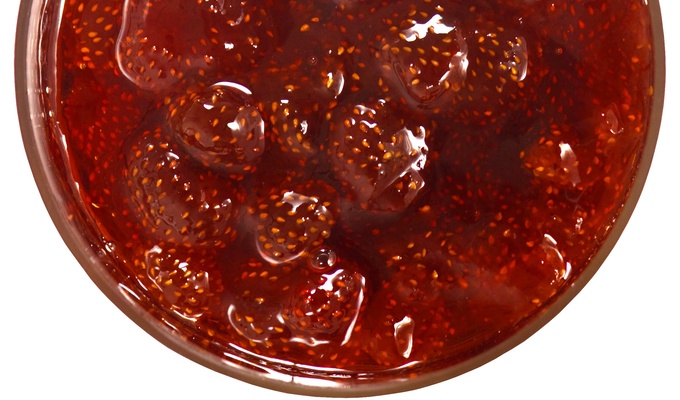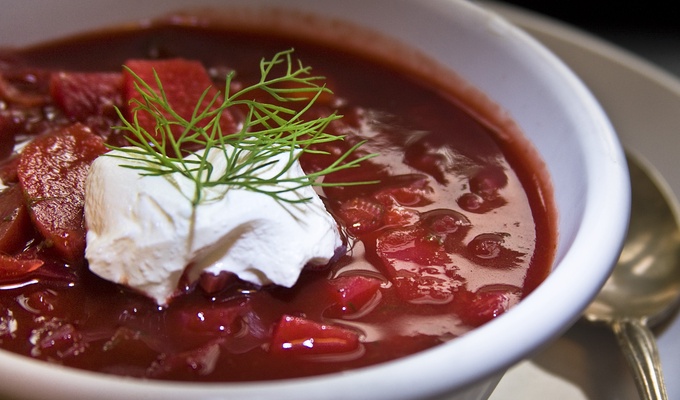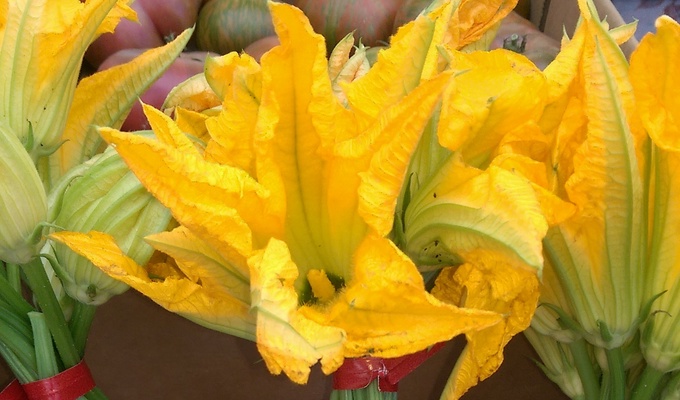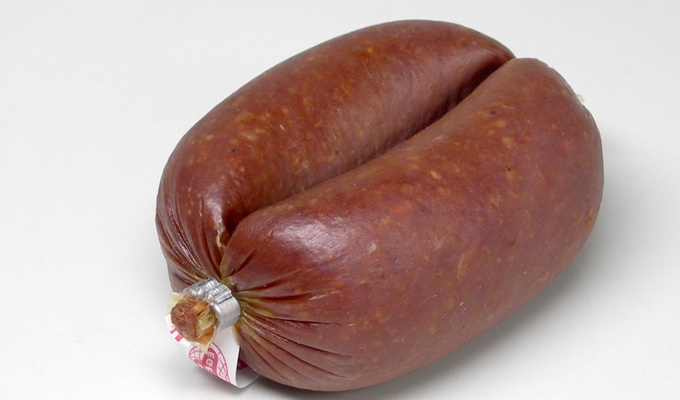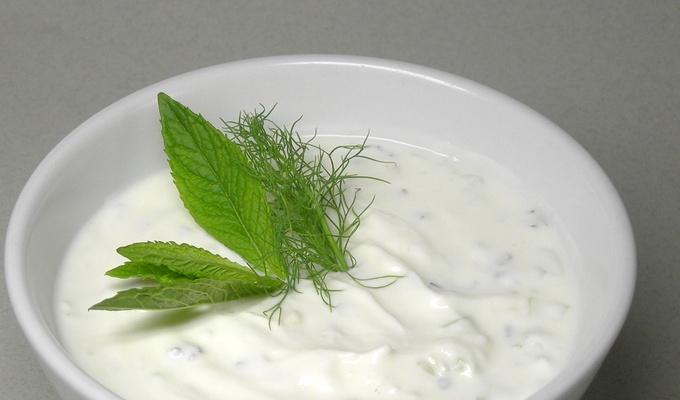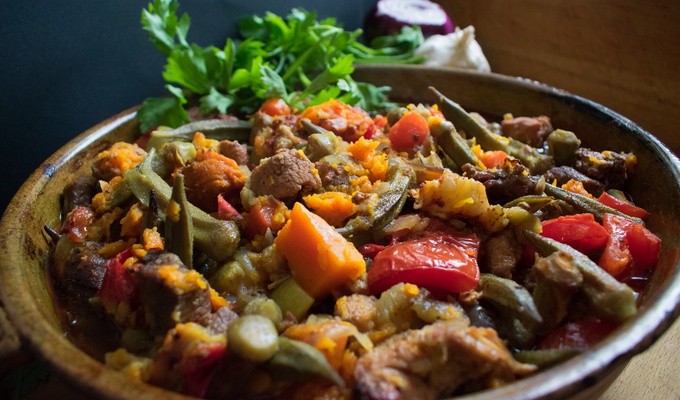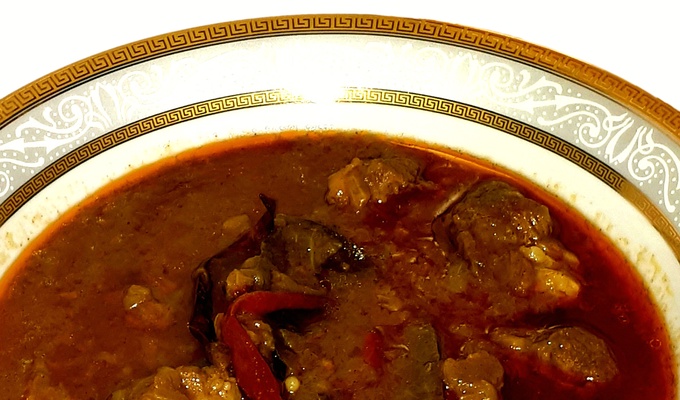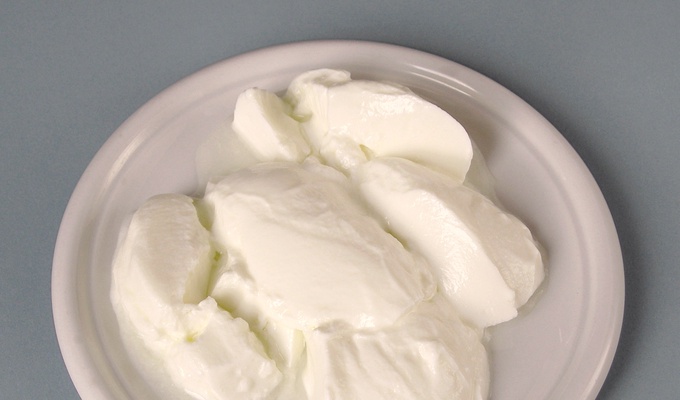Bulgarian cuisine is a representative of the cuisine of Southeast Europe. It shares characteristics with other Balkan cuisines. Bulgarian cooking traditions are diverse because of geographical factors such as climatic conditions suitable for a variety of vegetables, herbs, and fruit. Aside from the vast variety of local Bulgarian dishes, Bulgarian cuisine shares a number of dishes with Persian, Turkish, and Greek cuisine.
Bulgarian food often incorporates salads as appetizers and is also noted for the prominence of dairy products, wines and other alcoholic drinks such as rakia. The cuisine also features a variety of soups, such as the cold soup tarator, and pastries, such as the filo dough-based banitsa, pita, and the various types of burek.
Main courses are very typically water-based stews, either vegetarian or with lamb, goat meat, veal, chicken or pork. Deep-frying is not common, but grilling – especially of different kinds of sausages – is very prominent. Pork is common, often mixed with veal or lamb, although fish and chicken are also widely used. While most cattle are bred for milk production rather than meat, veal is popular for grilling meat appetizers (meze) and in some main courses. As a substantial exporter of lamb, Bulgaria's own consumption is notable, especially in the spring.
Similarly to other Balkan cultures, the per capita consumption of yogurt (Bulgarian: кисело мляко, kiselo mlyako, lit. "sour milk") among Bulgarians is traditionally higher than the rest of Europe. The country is notable as the historical namesake for Lactobacillus bulgaricus, a microorganism chiefly responsible for the local variety of dairy product.
Bulgarian cuisine shares a number of dishes with Middle Eastern cuisine, including popular dishes like moussaka, gyuvetch, kyufte and baklava. White brine cheese called "sirene" (сирене), similar to feta, is also a popular ingredient used in salads and a variety of pastries.
Holidays are often observed in conjunction with certain meals. On Christmas Eve, for instance, tradition requires vegetarian stuffed peppers and cabbage leaf sarmi. New Year's Eve usually involves cabbage dishes, Nikulden (Day of St. Nicholas, December 6) involves fish (usually carp), while Gergyovden (Day of St. George, May 6) is typically celebrated with roast lamb.

